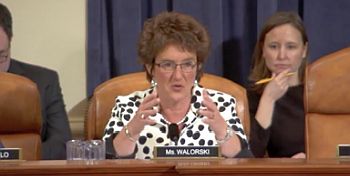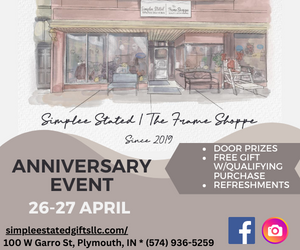 WASHINGTON – At a hearing of the House Ways and Means Subcommittee on Human Resources, U.S. Representative Jackie Walorski (R-Ind.) last week examined challenges Americans in rural, suburban, and urban areas face in climbing the economic ladder and explored solutions to expand opportunities for people to lift themselves out of poverty.
WASHINGTON – At a hearing of the House Ways and Means Subcommittee on Human Resources, U.S. Representative Jackie Walorski (R-Ind.) last week examined challenges Americans in rural, suburban, and urban areas face in climbing the economic ladder and explored solutions to expand opportunities for people to lift themselves out of poverty.
“It takes people on the front lines to be able to honor human dignity and to make sure that … there is an economic ladder out of poverty in this country,” Congresswoman Walorski said. “One of the things in my community that is a plus, both on the rural and the urban side, is the benevolence of my community, and the private dollars and regional coordination that are beginning to flow into our own community from our own people.”
Video of Congresswoman Walorski speaking at the hearing and questioning witnesses is available here.
BACKGROUND
In today’s hearing on the geography of poverty, the subcommittee examined the similarities and differences of poverty in rural, suburban, and urban areas. Members and witnesses discussed the need for local solutions rather than one-size-fits-all policies amid record-high rates of poverty among working-age adults, particularly in rural areas.
This was the first hearing of the Human Resources Subcommittee in the 115th Congress. Witnesses who testified at the hearing included:
- Elizabeth Kneebone, Fellow at the Brookings Institution’s Metropolitan Policy Program;
- Professor Mark Partridge, Swank Chair in Rural-Urban Policy at the Ohio State University’s Department of Agricultural, Environmental, and Development Economics;
- William Leavy, Executive Director of the Greater West Town Project in Chicago, accompanied by Linda Thomas, Director of Client Services of the Greater West Town Project; and
- Tammy Slater, CEO of Goodwill Industries of Greater Nebraska.
Walorski represents the 2nd Congressional District of Indiana, serving as a member of the House Ways and Means Committee.














